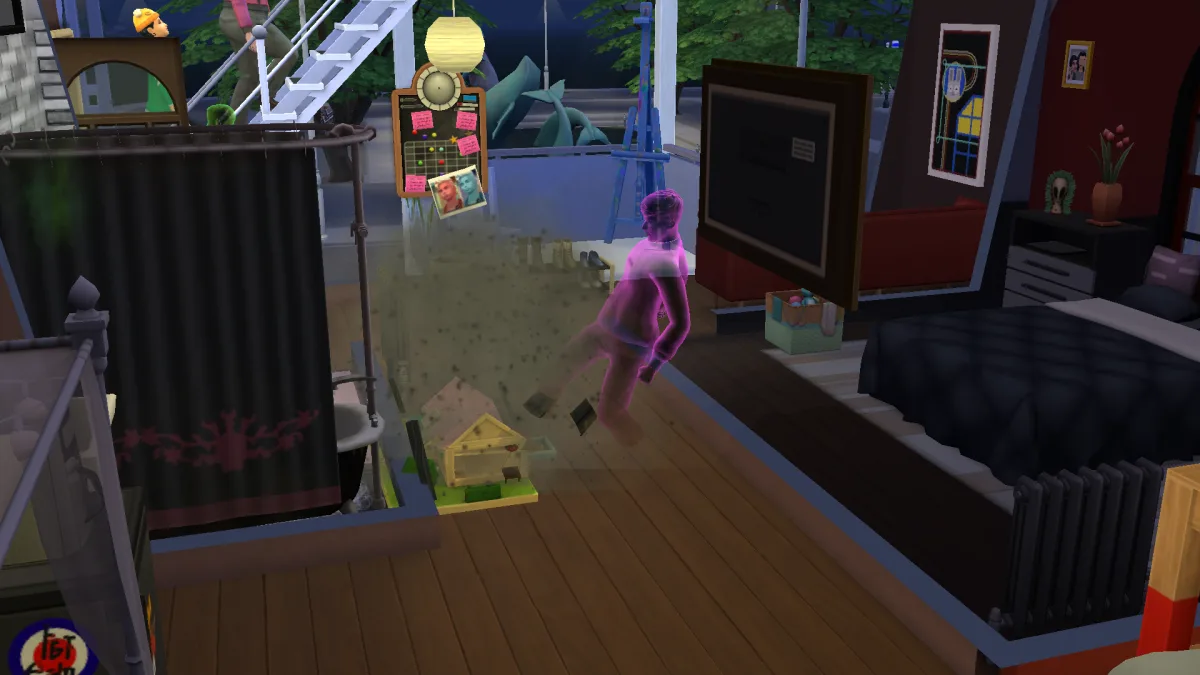On October 23rd, Electronic Arts announced a “strategic partnership” with Stability AI, the company behind Stable Diffusion.
According to Stability AI’s press release, the partnership sets out to “[explore] ways to add the value of generative AI to the creative workflows to open new doors (sic) for rapid prototyping and visual storytelling.”
The press release also outlines the collaboration’s early initiatives. This will include using AI to generate 2D textures, speed up the creation of Physically Based Rendering materials, and create systems for “pre-visualising” 3D environments.
EA shared a similar statement on their news portal, also on October 23rd. Their post confirms that Stability AI’s 3D research team will be “embedded directly with EA’s artists and developers” to ensure progress through collaboration.
Each statement emphasises that the tools will be used to “empower” their in-house creative teams. However, they also both consistently underline that the tools will primarily be used to scale and speed up creative operations.
The collaboration came shortly after the announcement of EA’s sale to Silver Lake, Affinity Partners, and Saudi Arabia’s Public Investment Fund (PIF).
AI is already causing significant problems for EA
As mentioned frequently throughout EA’s announcement, this isn’t the company’s first foray into the world of artificial intelligence. It isn’t even their first step into working with generative AI specifically.
Just days before the collaboration was announced, Business Insider shared insight into how generative AI use is already impacting EA – and it isn’t pretty. Reportedly, employees are highly encouraged to use in-house AI tools throughout development, creating friction between workers and bosses.
For some employees, EA’s internal chatbot ReefGPT is a substantial source of concern. Staffers shared with Business Insider that the bot is producing hallucinations (errors) and otherwise faulty code. In turn, employees are required to spend time fixing these mistakes.
As highlighted by Tweaktown, time is money. Naturally, this means that any time spent fixing such issues is a cost for the company.
Similar reports were made by those employed in EA’s creative departments, raising concerns for character artists and level designers. They stated that they are expected to train AI programmes with their work. In turn, staff are concerned that this could reduce the need for talent in such roles.
According to Business Insider, EA leadership is encouraging staff to “use AI for just about everything” and to view generative AI as a “thought partner.”
This has ranged from writing code, creating concept art, and even scripting conversations regarding employment issues like pay and promotions. Reportedly, this has been happening for the past year.
Internal documents shared with Business Insider confirmed that the use of generative AI is intended to speed up work. Some employees are also expected to undertake multiple AI training courses, again allocating productive (paid) time to AI.
The community isn’t happy with EA’s AI use
EA’s involvement in AI hasn’t been received favourably by some sections of the community. This includes the responses of several significant content creators who mostly create videos and host streams relating to The Sims.
Vixella, a creator who recently distanced herself from EA following the announcement and the company’s sale to investors, shared a statement to her YouTube channel containing the following:
“Due to the recent EA buyout and their partnerships with AI, I have decided to step down from the EA Creator Network.
I will continue to play The Sims on my channel for all the people who have found comfort and peace in my content over the last twelve years with this franchise but I just can’t see myself associating with the Creator Network seeing the direction that EA is taking at this current time.”
LilSimsie, another content creator who has since distanced herself from EA, shared a similar sentiment to her Instagram story in the wake of the news:
“(…) This company is so completely out of touch with the wants and needs of their community. It’s honestly unbelievable. (…)”
Toni is a writer, content creator, and simulation fanatic. He started playing The Sims 1 in the early 2000s when expansion packs still only cost a fiver and the inflatable sofas were contemporary.
